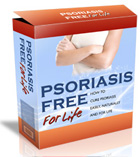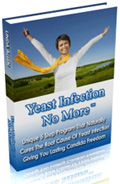I will liberally copy and paste excerpts from www.rawfoodexplained.com explaining what disease really is. This will help us understand how your eczema or psoriasis fits in the scheme of things. Why your body resorts to such measures to save itself.
From Raw Food Explained Lesson #2 The Nature and Purpose of Disease
|
Now on to the 7 stages of disease:
|
———–
Read the full details at
http://www.rawfoodexplained.com/the-nature-and-purpose-of-disease/purposes-of-disease.html
http://www.rawfoodexplained.com/cancers-tumors/part-i/the-seven-stages-of-disease.html
So after you’ve read all the details. Where do you think your eczema or psoriasis fits in?






Speak Your Mind